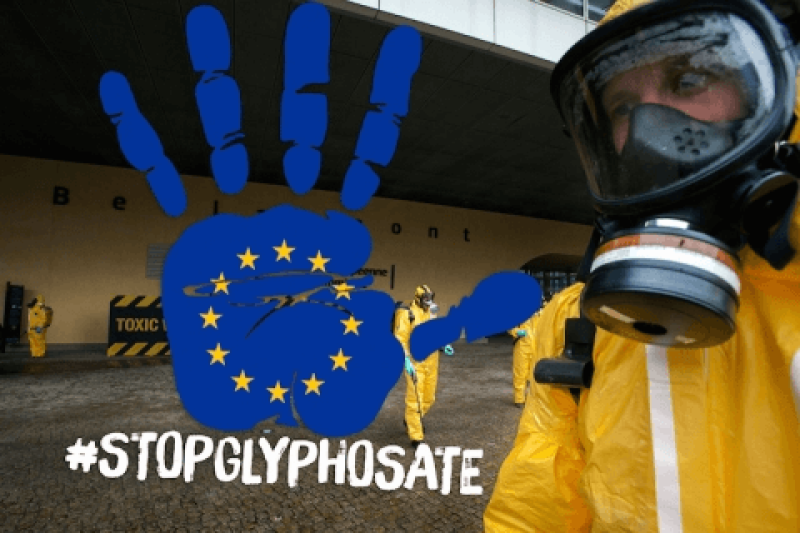Following the introduction of glyphosate in 1974, its efficacy against a vast range of weeds and its low price has established it as Europe’s most widely used herbicide. However, concerns about possible health and environmental impacts now threaten its continued approval for use. This review considers the contribution of glyphosate to European agriculture and the likely impacts on crop production if it were to be withdrawn. Without glyphosate, EU farmers could experience losses in wheat production of up to 24 Mt (worth €10.5 billion), 10.4 Mt in potatoes (worth €2 billion), and 4.7 Mt in grapes (worth €4.2 billion).
Withdrawal of glyphosate would result in an increase in soil tillage, damaging the environment through soil structure degradation, increased risk of soil erosion, reduced soil biodiversity, and increased greenhouse gas emissions of 1.4–3.8 Mt CO2e per year across the EU through oxidation of organic matter. Increased machinery usage would require 15–44 L more fuel per hectare. Alternative weed control strategies are both less effective and more costly, often requiring additional labour at times of peak demand. They are also less effective at providing lasting control across a broad range of species and are inapplicable to conservation tillage practices.
It is expected that in the absence of glyphosate, many of the current production systems, and some crop rotations would no longer be financially or practically viable.































